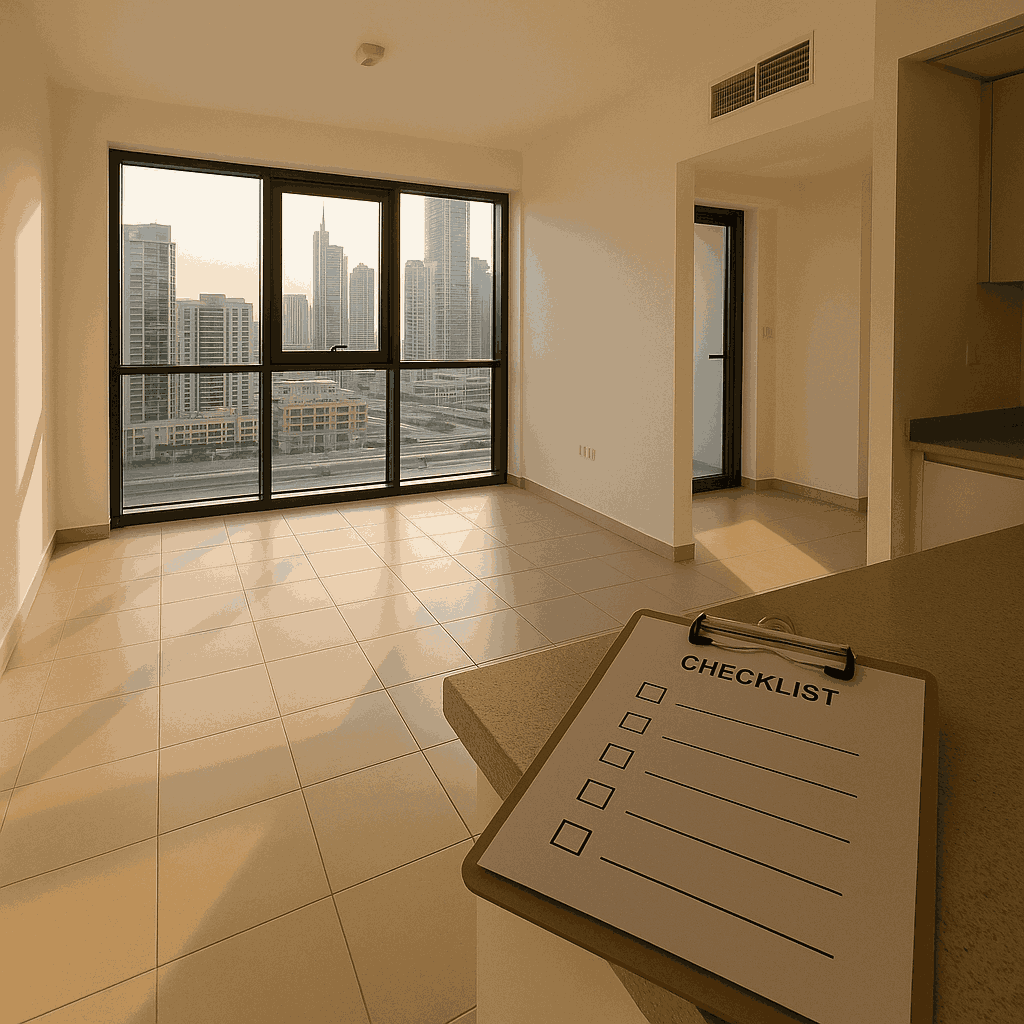
Key Takeaways
-
Many tenants overlook key legal requirements like Ejari registration or tenancy contract clauses
-
Upfront costs can include agency fees, deposits, and multiple rent cheques
-
Failure to inspect the property before signing can lead to costly repairs later
-
Understanding your rights under UAE tenancy laws helps avoid disputes
-
Late rent payments, unauthorized modifications, and subletting are common pitfalls
What You Need to Know
Renting a home in the UAE, especially in fast-paced markets like Dubai and Abu Dhabi, involves more than choosing a property and signing a lease. While the process is relatively straightforward and well-regulated, many tenants—particularly newcomers—make avoidable mistakes that lead to stress, financial loss, or legal complications. Here’s a guide to the most frequent rental missteps and how to avoid them.
1. Not Registering the Tenancy Contract
In Dubai, Ejari registration is mandatory for all rental agreements. Without it:
-
You cannot set up DEWA (electricity and water) accounts
-
Your contract may not be legally enforceable
-
You’ll be unable to file disputes with the Rent Disputes Settlement Centre
In Abu Dhabi, the equivalent system is Tawtheeq, also required for legal tenancy recognition. Ensure your landlord registers your lease promptly, or insist on handling it yourself.
2. Ignoring Hidden Costs
Tenants often underestimate the total move-in cost, which typically includes:
-
Security deposit (usually 5% of annual rent)
-
Agency commission (often 5% of annual rent + VAT)
-
Ejari or Tawtheeq fees
-
DEWA / ADDC deposits for utility activation
-
Chiller deposits, if applicable
Budgeting for these expenses is essential to avoid cash-flow surprises.
3. Signing Without Inspecting the Property
Always conduct a thorough property inspection before signing the lease or handing over cheques:
-
Check for structural damage, water leaks, broken fixtures, AC performance, and pest issues
-
Take timestamped photos and request repairs in writing before move-in
-
If issues are noted after signing, landlords may delay or refuse repairs
4. Misunderstanding the Cheque System
In the UAE, annual rent is typically paid via post-dated cheques in 1–12 instalments. Key points:
-
More cheques offer flexibility, but landlords may prefer 1–2 for security
-
Bounced cheques are a criminal offense and may result in fines or legal action
-
Confirm due dates and retain copies for all cheques submitted
5. Not Reviewing the Exit Clauses
Many tenants overlook early termination and renewal terms. Important to check:
-
Notice period required for vacating (typically 60–90 days)
-
Penalties for breaking the lease early
-
Renewal rights and potential for rent increases
According to Dubai’s Law No. 26 of 2007, landlords cannot increase rent beyond RERA guidelines unless proper notice is served 90 days before renewal.
6. Failing to Read the Fine Print
Some clauses can cause problems later if ignored, such as:
-
Who is responsible for maintenance and repairs
-
Whether the unit is chiller-free or metered
-
Pet restrictions in the building or community
-
Rules around subletting or adding roommates
Request clarification in writing before signing if any clause seems vague or unfair.
7. Overlooking Your Legal Rights
Tenants have strong protections under UAE law. Examples:
-
Landlords must provide 12 months' notice for eviction unless for major violations
-
Rent increases must follow RERA Rental Index guidelines (Dubai)
-
Maintenance responsibility is usually split—minor repairs (under AED 500) by tenant, major ones by landlord
For disputes, Dubai tenants can approach the Rental Dispute Settlement Centre (RDSC), while Abu Dhabi residents can go through Judicial Department channels.
8. Not Securing a Proper Move-Out Report
When vacating, ensure a formal handover process:
-
Request a move-out inspection with written report
-
Clean the unit and repair damage beyond normal wear and tear
-
Cancel Ejari and request security deposit refund timeline in writing
Many tenants lose part or all of their deposit due to disputes over condition or unpaid dues.
Final Thought
Avoiding these common mistakes can help you secure a stress-free and legally sound tenancy in the UAE. Whether you're renting a studio in Dubai Silicon Oasis or a villa in Al Reef, always do your due diligence. A well-informed tenant is less likely to encounter issues and more likely to enjoy a smooth rental experience.
Stay informed on the latest news and insights across the UAE —
Subscribe to our newsletter and explore more at fäm Properties.